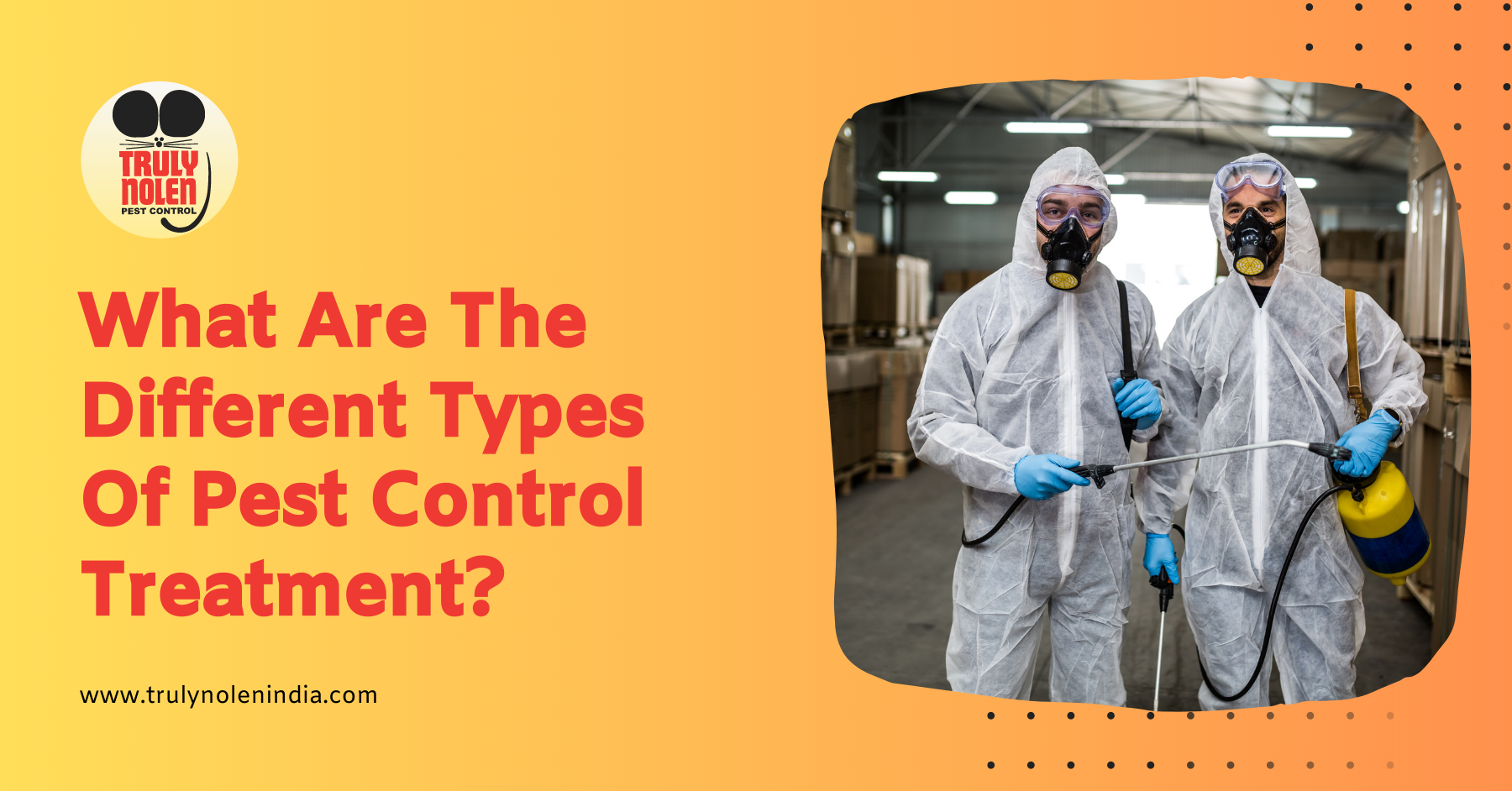The Ultimate Guide To Pest Control
The Ultimate Guide To Pest Control
Blog Article
Getting The Pest Control To Work
Table of ContentsPest Control for BeginnersPest Control Things To Know Before You BuyThe Ultimate Guide To Pest ControlThe Ultimate Guide To Pest ControlOur Pest Control Statements
Limitations of Chemical Administration Be able to examine parasite troubles, figure out if monitoring is necessary, and make proper referrals using IPM strategies. Know with different approaches of pest management - their advantages and constraints. Recognize the worth of helpful bugs. It is not possibleor even desirableto rid gardens of all parasites.This chapter discusses (IPM), a method that makes use of knowledge regarding insects and their, practices, nonchemical methods, and chemicals to manage pest problems. Additional info about IPM for specific plants is consisted of in phases that concentrate on those plants. Nonchemical insect control procedures are stressed in chapter 17, "Organic Gardening." Taking care of birds and creatures is covered in phase 20, "Wild animals." Taking care of in the backyard and yard is covered in chapter 6, "Weeds." Bugs in a garden or landscape might consist of pests and mites, weeds,, animals, and birds.
Bugs and weeds, nonetheless, play a duty in the. After growing a garden or establishing a lawn, the natural process of plant sequence starts to restore and nonnative plants.
What we call "bugs" are component of a natural system at work. Only human beings think about certain types pests when they occur where they are not wanted.
Pest Control Things To Know Before You Buy
Bugs susceptible to a chemical were quickly eliminated, leaving resistant ones to reproduce and increase. It became clear that chemicals alone would not address all insect troubles.
An IPM strategy permits some level of parasites in the atmosphere. Pests are a lot less likely to make it through a program that makes use of lots of different approaches of minimizing their populaces. Integrated parasite monitoring was very first recommended by entomologists due to the fact that bugs were the initial group of pests to verify difficult to take care of with chemicals alone.
pest and host properly. and take into consideration economic or visual injury. A limit is the factor at which activity must be taken. a therapy method utilizing mechanical, social, organic, or chemical controls, or a mix of these techniques. success of treatments. IPM has expanded past insects to monitoring of all pest populations: weeds, disease microorganisms, and creatures.
Some Known Details About Pest Control
Administration instead of eradication of bugs is the objective. An IPM strategy starts with a mindful examination of each bug invasion. Just after that can one determine about the ideal methods necessary to reduce pest tasks. The life cycle of the parasite, possible damages, all-natural enemies, and results of weather condition, to name a few aspects, are taken into consideration prior to a control plan is executed - Pest Control.
Clover expanding in a grass may be watched as an undesirable weed, but as a legume it is synthesizing nitrogen for the dirt and the flowers are providing nectar to honey bees and other. Resistance for some weeds might be component of an IPM strategy. might be eating the fallen leaves of a plant, yet when they are identified as the larvae of Eastern tiger useful reference swallowtail butterflies, their damages might be tolerated so we can appreciate the lovely butterfly.

The 2nd most important tool in parasite monitoring is early treatment. Being present and observant in the garden guarantees very early discovery. Reacting to troubles promptly, before they have time to multiply, requires a much less dramatic treatment. The third most important tool is recordkeeping; tracking what occurs in the garden allows a garden enthusiast to acknowledge patterns and make educated choices.
What Does Pest Control Do?
Numerous risk-free, sensible, nonchemical methods of plant security and bug management may minimize or remove the demand to spray. Other techniques are most beneficial when used with pesticides. To implement administration methods appropriately and to reduce losses, gardeners must be aware check my reference of the kinds of parasites that attack plants and comprehend pest biology.

Conducting a dirt test and using just the recommended quantity of plant food and lime makes best use of the benefit to the plant while decreasing problems associated to too much use fertilizer - Pest Control. Treatment the dirt with numerous inches of compost safeguards the plant in numerous ways: decreasing soil water loss to evaporation, minimizing weed competition, supplying nutrients, and producing an appropriate setting for earthworms and microorganisms that maintain the dirt loose for roots and damage down natural product to launch nutrients
If mulch touches the trunk, it can produce a way for voles, microorganisms, and fungis to strike the plant. Do not utilize manure or garden compost that has actually not completely broken down as a top dressing due to the fact that it can motivate unfavorable insects. Study recommends that tilling the dirt is harmful to soil framework.
Pest Control for Beginners
If tilling is deemed required, think about doing it in the fall when the life process why not check here of many insects brings them near the surface area. At the surface area, parasites come to be exposed to the weather condition along with birds and various other all-natural adversaries. Fall tilling can likewise destroy pests in crop deposits. Use disease-free and insect-free qualified seeds and plants if offered.
Report this page